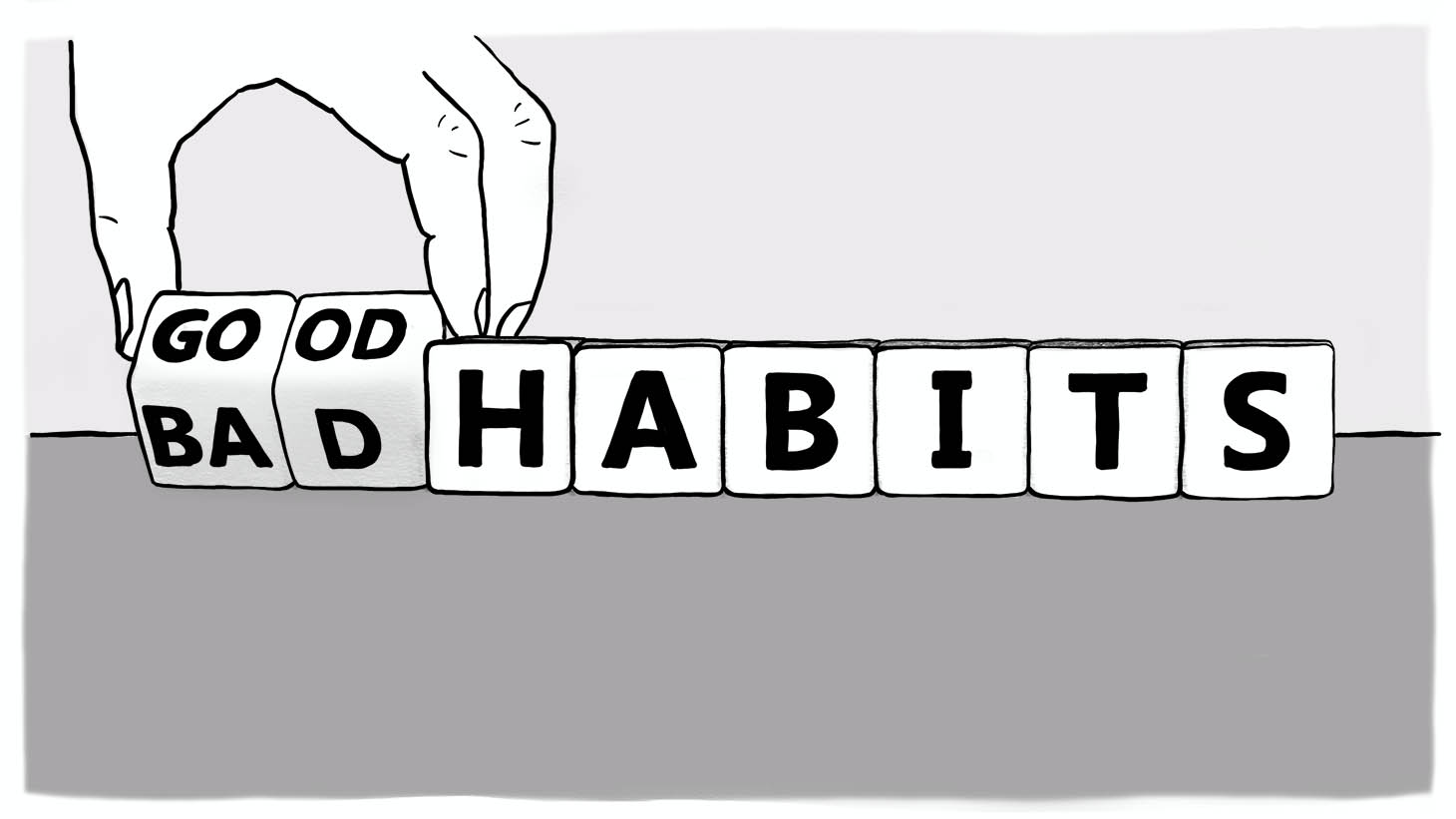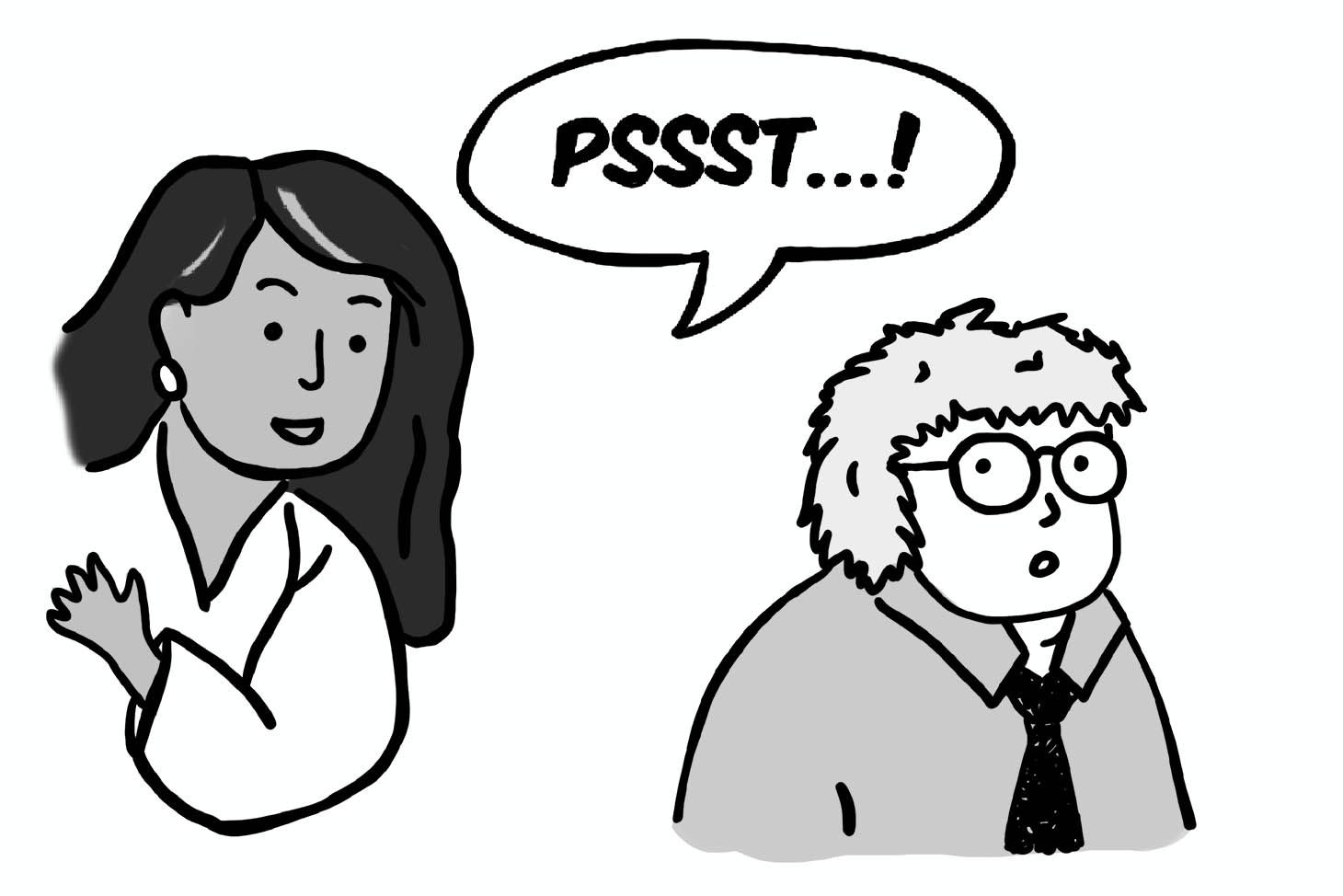Case Study: Habits in the face of conflict.
March 30, 2024
March 30, 2024

“Watch your thoughts, they become your words; watch your words, they become your actions; watch your actions, they become your habits; watch your habits, they become your character; watch your character, it becomes your destiny.”
– Lao Tzu
Actions that get repeated over and over again become habits, and these habits can be hard to break. This can be great, like in the case of establishing a daily exercise regime. But it can also be detrimental, like in how we might be avoidant of difficult conversations.
As we unpacked with the habit loop, when we understand the cycle that reinforces patterns in our brains we can manipulate its components to effectively change behaviour. There’s always an opportunity to create new and improved habits – and, potentially replace existing ones proving to be unhelpful. This applies to any component of our lives, including how we deal with conflict.
When confronting conflict, there is a natural inclination to judge and assign blame (remember the pesky attribution problem?). This offers a sense of control and comfort in the heat of the moment, but ultimately is a bad habit because beyond the moment it escalates the unresolved issue and requires extra energy to repair damage down the road.
Imagine this:
You overhear a coworker talking critically about your work. Instead of confronting them about what they said, you grumble to another colleague about how the comment was cruel and gain an ally with their sympathy. It feels good but, at the same time, the conflict has not been faced – loading the emotionality of future situations as each little act adds up and losing out on the opportunity to improve the quality of your work output directly.
As we can see, the instant gratification of talking behind someone’s back reinforces unhelpful patterns – despite how it can hurt us in the long term.

By following the habit loop, we can create new positive habits around familiar conflicts. Think of a real example in your life and mentally fill in the blanks of the following exercise:
By focusing on the positive habit, the cue will become increasingly associated with the healthy response. Over time, it gets easier as the neurological pattern gets ingrained in our brains – and instead of breaking the previous bad habit, we may find that we’ve outgrown it for this new one.
The takeaway: a bad habit doesn’t make us a bad person.
At Mediation Services, we know that it takes time to build habits steeped in effective communication – doubly so when the defensive response flares up when confronting conflict. But we also know that with a little bit of sustained effort, change is possible for every one of us. That’s why we exist to help and support you, every step of the way.
Our free webinar Conflict 101: Demystifying Conflict Through a Psychological Approach is a recommended starting point for each and all of us, providing a baseline for beginning to work with habits around conflict today. Beyond this foundation, our ongoing programming takes place online and in-person and we encourage you to explore how our current offerings might fit into your unique circumstances.
Mediation and conflict resolution are about embracing all aspects of ourselves and working with them. Nothing is left out – even the less-than-ideal bits like our bad habits. We can’t wish them away – but once we recognize them for what they are, we can harness the power of habit formation to work with the undercurrents of our lives.